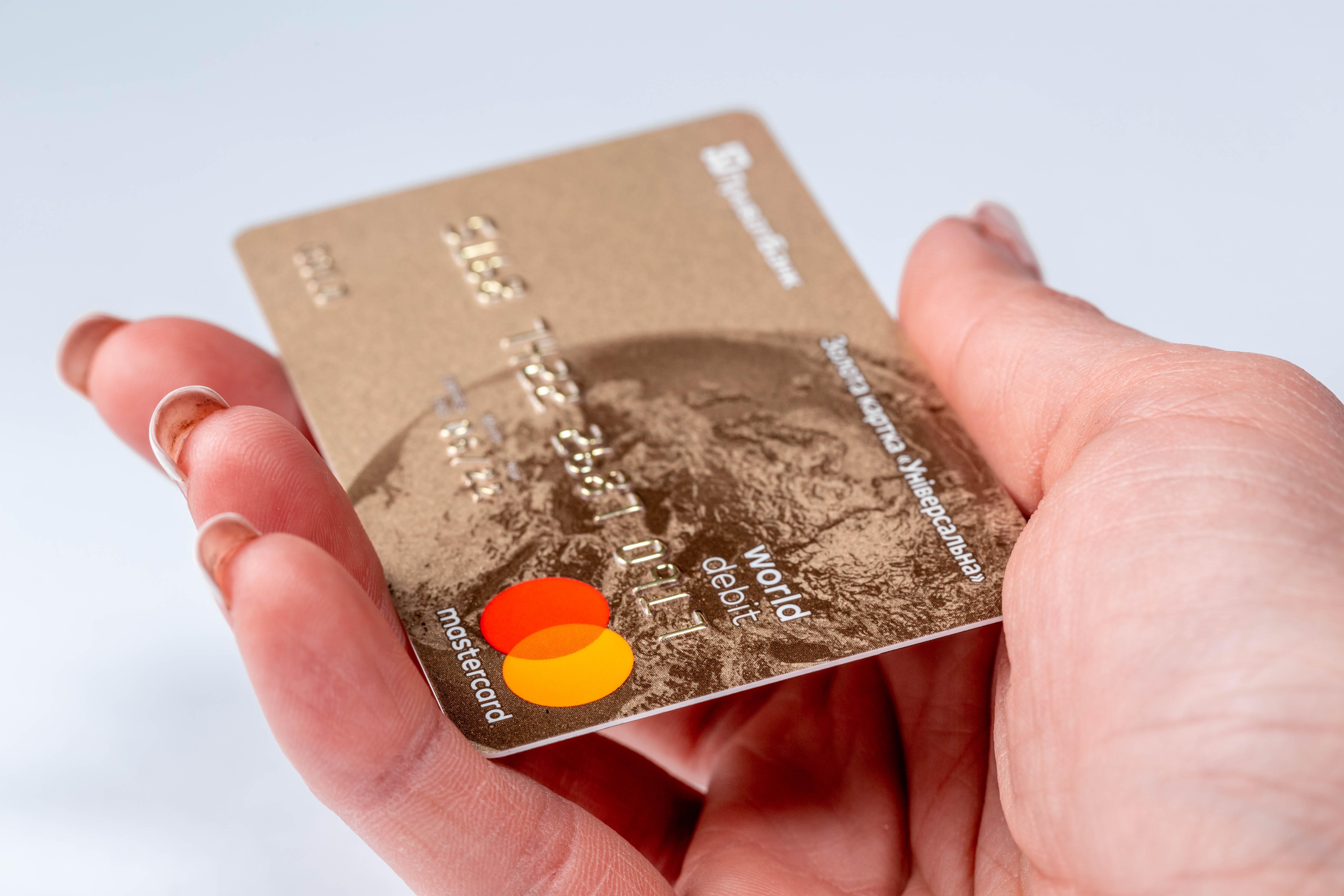Millions of people use prepaid debit cards for an assortment of reasons. Some don’t have bank accounts; others want to shop online more safely. The following tips can help you make the most of these cards while avoiding high fees and possible inconveniences:
1. If you want to use a card for online transactions or direct deposits, leave plenty of extra time. It often takes one or two weeks to finish registering and activating a card before you can use it for these purposes.
2. Don’t buy prepaid cards without examining the small print regarding monthly fees. Some companies won’t charge this fee until 30 days have elapsed, but others deduct it as soon as you complete your first purchase or withdrawal.
3. If your issuer provides sub-accounts, you may use them to divide your money into multiple budget categories. For instance, this feature makes it easy to limit yourself to a certain amount of cash for restaurant meals or clothing.
4. If you only use a prepaid card occasionally, be sure to spend the remaining money before you forget about it. Some issuers charge dormancy fees when accounts become inactive; they generally range from $2 to $5.
5. A prepaid card normally won’t affect your credit score in a positive or negative way. On the other hand, secured credit cards offer a low-risk, easily accessible alternative that has the potential to improve your score.
6. An issuer might waive monthly fees if you regularly use direct deposits to reload a card. This results in savings of around $36 to $84 per year. You’ll save even more money if these deposits also enable you to avoid cash reload fees.
7. If a company charges cardholders for “non-monetary transactions,” it probably means that customers must pay to check their balances. You might have the option to avoid this fee by using the issuer’s website instead of an ATM.
Prepaid debit cards are convenient and prove useful in a wide variety of situations. However, it’s crucial to understand all of the fees and learn how a specific card works before you begin using it.

